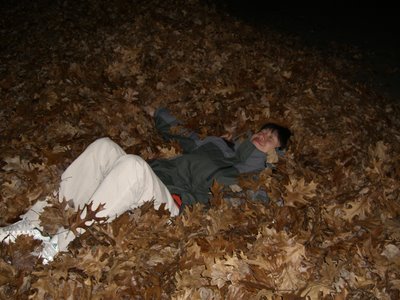After finishing Goal-Free Living last week, I have found myself looking at goals, success and ambition in very different ways. I am still Travis Hellstrom, Planner/Organizer/Prioritizer, but I am also looking at things more as aspirations and less as goals. One of the analogies Stephen Shapiro uses in his book concerns birthdays and large groups of people. How big of a group, he asked, does it take before you are highly likely to have two people with the same birthday? The number is 22. Not too huge huh? Well what about if you wanted two people with a particular birthday, like January 1st. How big of a group would you need then? The number is in the hundreds.
His analogy was that the difficulty of something coming out exactly as we might like it might be slim, while the likelihood of it coming out just fine might be very good. If we are open to possibilities we are more likely to find what we are looking for, just maybe not exactly what we expected. Other tips included Use a compass, not a map, Trust that you are never lost, Remember that opportunity knocks often, but sometimes softly, Want what you have, Seek out adventure, Become a people magnet, Embrace your limits and Remain detached. Some of these are obvious but some will require reading the book, which I highly recommend. Coming from such a Goal-Oriented person that’s saying something, believe me.
His analogy was that the difficulty of something coming out exactly as we might like it might be slim, while the likelihood of it coming out just fine might be very good. If we are open to possibilities we are more likely to find what we are looking for, just maybe not exactly what we expected. Other tips included Use a compass, not a map, Trust that you are never lost, Remember that opportunity knocks often, but sometimes softly, Want what you have, Seek out adventure, Become a people magnet, Embrace your limits and Remain detached. Some of these are obvious but some will require reading the book, which I highly recommend. Coming from such a Goal-Oriented person that’s saying something, believe me.

